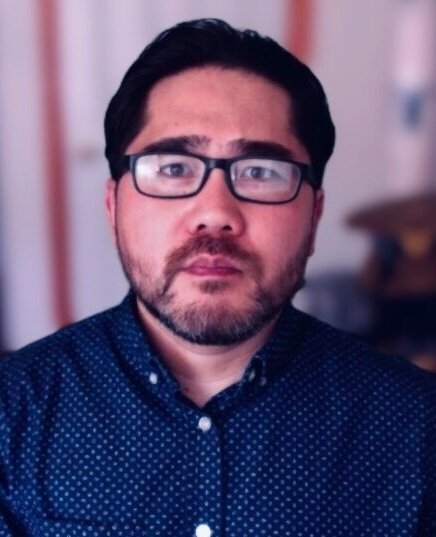Page 128 • (2,143 results in 0.033 seconds)
-
Musical Memories Editor’s Note: When Lorna Vosburg Burt ’40, ’69 read our story on PLU’s annual Christmas Concerts in the winter 2013 edition of Scene magazine, she was inspired to recall—and share—her own Choir of the West story … from 1939. It was so full of history… March 21, 2014 AlumniChoir of the West
-
) – required both consummate research and hard, gutsy field work. His dozens of articles in prestigious nature periodicals – Smithsonian, Audubon, Natural History, National Geographic, to name a few – appeared there not only due to the excellence of his writing, but also because of his willingness to go where and do what few others would. It took more than just adventurousness; it also took innovation, creativity, and commitment. When the need for a professional photographer for his nature writing
-
trying all of the different cuisines this area has to offer! Tacoma is nestled in the perfect location to give you the benefits of having a big city so close by while also being surrounded by the mountains and ocean – the best part being that it is all reachable within an hour drive!” PLU is just minutes away from downtown Tacoma and the unique culture that the city offers including the world famous Museum of Glass, the Tacoma Art Museum, and the Washington State History Museum. Tacoma also has
-
complete 20 semester hours in the content area most closely related to their area of outreach education interest. For example, if a student is interested in working in a historical museum, the student would complete 20 semester hours in history; if a student is interested in working in an art museum, the 20 semester hours would be in art. Candidates must consult with an advisor to determine their content area. Before Education Sequence EDUC 205: Multicultural Perspectives in the Classroom (4) EDUC 320
-
Faculty Philosophy The Faculty of Pacific Lutheran University establishes the educational philosophy that shapes and supports the curriculum and programs of study. This philosophy is reflected in statements of educational goals, objectives, and principles. Of particular significance to all students are statements about learning objectives, general education, and writing throughout the curriculum. History Pacific Lutheran University was founded in Tacoma by Norwegian pioneers in 1890, who were led by
-
social distancing, face covering, and on-campus surveillance testing. Our faculty (in Civil & Environmental Engineering, Chemical & Biomolecular Engineering, Earth & Atmospheric Sciences, Chemistry & Biochemistry, and Biological Sciences) form a core group with a strong history of working together on joint research grants in this area, with the skills required to guide undergraduates in basic and applied research on multiple phases of chemical signaling processes. APPLY The Online Application
-

Illinois Press 2003) : View Book Red Delta: Fighting for Life at the End of the Colorado River (Fulcrum Publishing 2002) : View Book Orion's Legacy: A Cultural History of Man as Hunter (Plume/Penguin 1996) : View Book Selected Presentations PLU Parents’ Weekend, Mystery, Wonder, and Transformation: Five Lessons From Literature and Nature in Antarctica, Pacific Lutheran University (November 03, 2012) Lecture on wildlife and wildlife trafficking, Loving Them to Death, Centralia College, Washington
Area of Emphasis/Expertise -
password. Click on the “History” button to retrieve your request. Add a note describing the change/update you want to make to the request. Call the following telephone number: 253-535-7525 Email helpdesk@plu.edu with a description of what needs to be changed/updated. Contacting the Webmaster If you have any questions about this privacy statement, the practices of this site, or your dealings with this department, you can contact: Help Desk User Support Pacific Lutheran University Tacoma, WA 98447
-
resistance during the Holocaust. Based primarily on in-depth interviews with survivors in Israel and the United States, her book chronicles their courageous missions to reach Jews trapped behind ghetto walls, to mobilize resistance, smuggle weapons into the ghettos, and to rescue and hide Jewish children. Her work provides a missing chapter in the history of the Holocaust and a new understanding of the wide range of women’s roles and activities in those years. In 2011 Lenore gave the keynote address to
-

elements of stories but also the traditions particular stories come from—how place and race and history often converge to inspire and inform a creative work, pushing it beyond the sum of its parts. I view a classroom setting and one-on-one mentorship as a kind of community of empathy and exploration where we’ll ask questions like: What are the building blocks of this story? Who is the imagined audience? What might I want to emulate? Why am I resistant to a certain narrative? Why have I embraced this
Do you have any feedback for us? If so, feel free to use our Feedback Form.


